Burundian civil society organization PARCEM on Monday expressed concern over President Évariste Ndayishimiye’s recent threats to confiscate fuel stations that refuse to purchase petroleum products from the state-owned oil company, SOPEBU.
In a statement published on X (formerly Twitter), PARCEM said it was alarmed by what it described as a government tendency to “illegally appropriate” private property, warning that such actions undermine investor confidence and threaten the rule of law in Burundi.
President Ndayishimiye, in a speech delivered last week, claimed that “fuel is now available in large quantities” in SOPEBU depots, accusing some station owners of deliberately refusing to buy it. The president alleged that some operators were engaging in black-market trading and warned that the state would take over any stations unwilling to cooperate. “Those who don’t want to buy fuel will have their stations nationalized,” he said, suggesting that owners were acting as “foreigners.”
However, PARCEM questioned the logic behind the government’s narrative. “It is difficult to understand how fuel could be abundant and station owners refuse to supply it to the public,” the organization stated. “These businesspeople have invested in building fuel stations for profit. If they lack working capital, they can seek bank loans or lease their stations — but seizing their property is not a solution.”
The watchdog urged the government to consider Public–Private Partnerships (PPPs) instead of unilateral takeovers, noting that PPPs are internationally recognized frameworks for collaboration between states and private operators. “Even during the recent Development Partners’ Roundtable held in December 2024, the government emphasized the need to promote PPPs,” the statement added.
PARCEM further warned that any attempt by the state to “forcibly dispossess” private operators would “cripple the business environment” and scare away much-needed foreign investment. “No investor will come to a country where the right to property is not protected,” the group said, pointing to Burundi’s already low levels of foreign direct investment.
The organization also highlighted inconsistencies in the government’s handling of the fuel supply crisis, which has persisted for nearly three years. “At different times, authorities have given conflicting explanations — from logistical issues in transporting fuel from Dar es Salaam to mismanagement within SOPEBU, to claims of bad faith among station owners,” PARCEM noted. “It is time for concrete action rather than blame.”
The civil society group called for an emergency meeting involving all stakeholders — government officials, economic operators, SOPEBU, consumer representatives, and civil society — to find a lasting solution to the fuel crisis.
New SOPEBU Measures Contrast with President’s Remarks
Meanwhile, SOPEBU has issued a separate communiqué, announcing an updated weekly fuel distribution system as part of its digitalization efforts. According to the company, customers must now buy fuel using the IGITORO PASS mobile application and can only refuel on specific days based on the last digit of their vehicle’s license plate.
Under the new schedule, vehicles ending with numbers 0–4 are allowed to refuel on Mondays and Wednesdays, while those ending in 5–9 can do so from Thursday to Sunday. Pump attendants have been instructed to verify both the plate numbers and fuel quotas before serving clients.
This arrangement appears to contradict President Ndayishimiye’s claim that fuel supplies are abundant, as the restrictions imply that not every car owner can access fuel freely.
Burundi has faced recurring fuel shortages since 2021, forcing motorists to endure long queues — with some spending nights in their vehicles at gas stations — and to cope with fluctuating prices despite repeated government assurances of stable and sufficient supply.

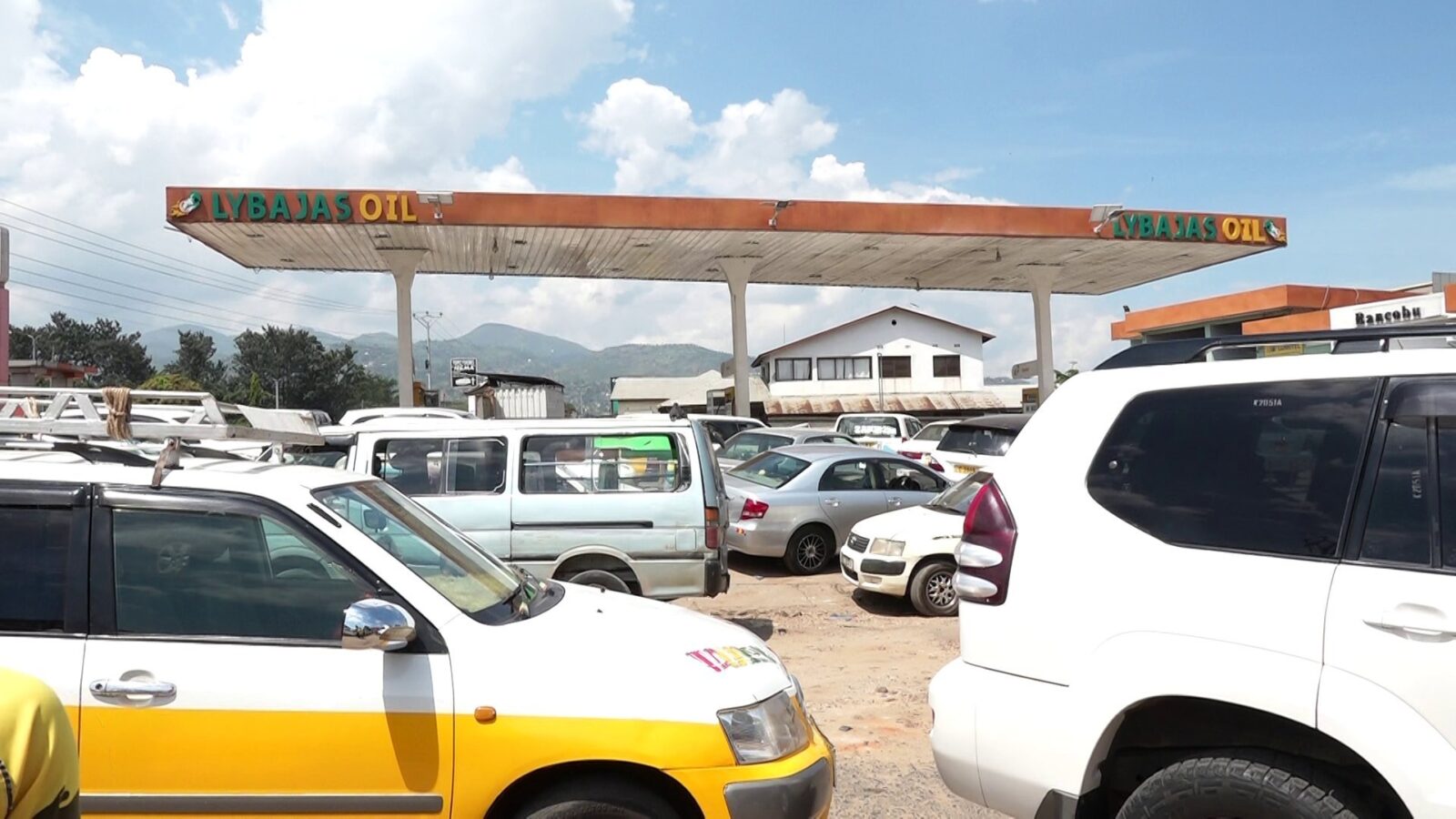
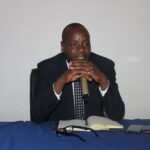

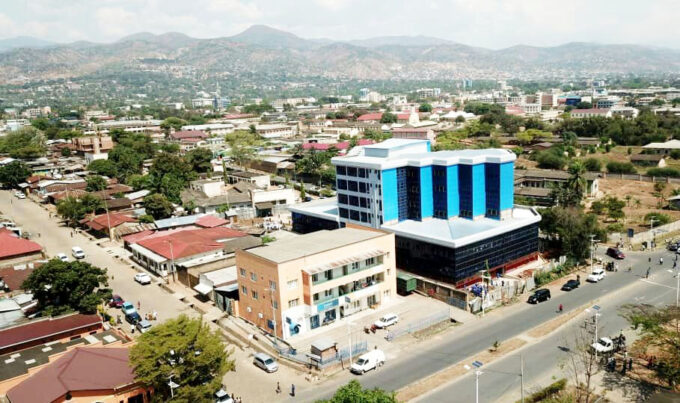
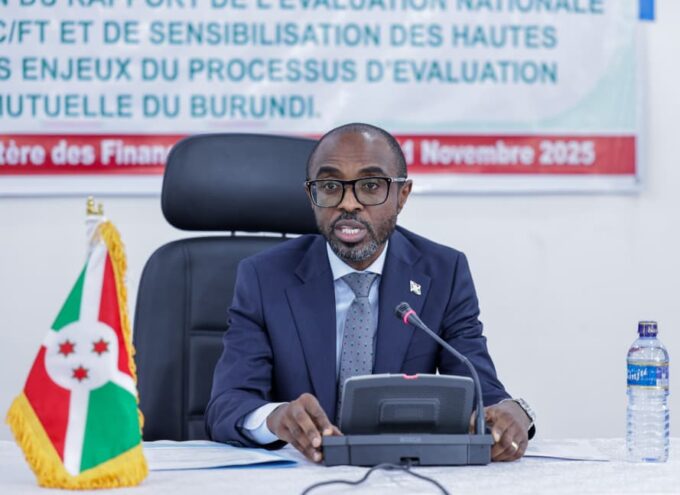
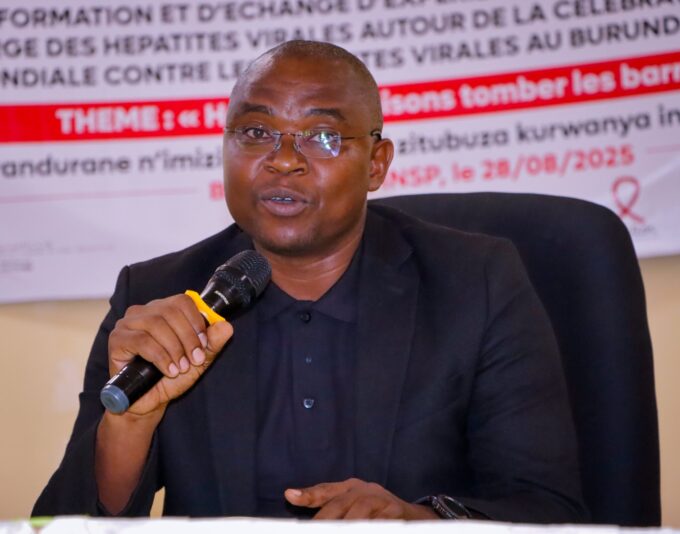
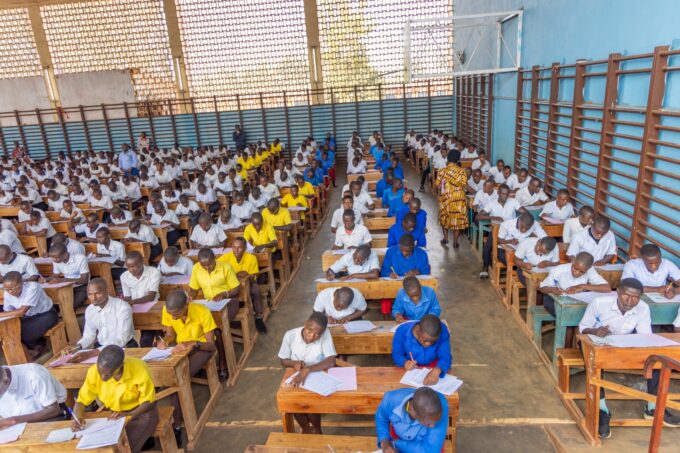
Leave a comment